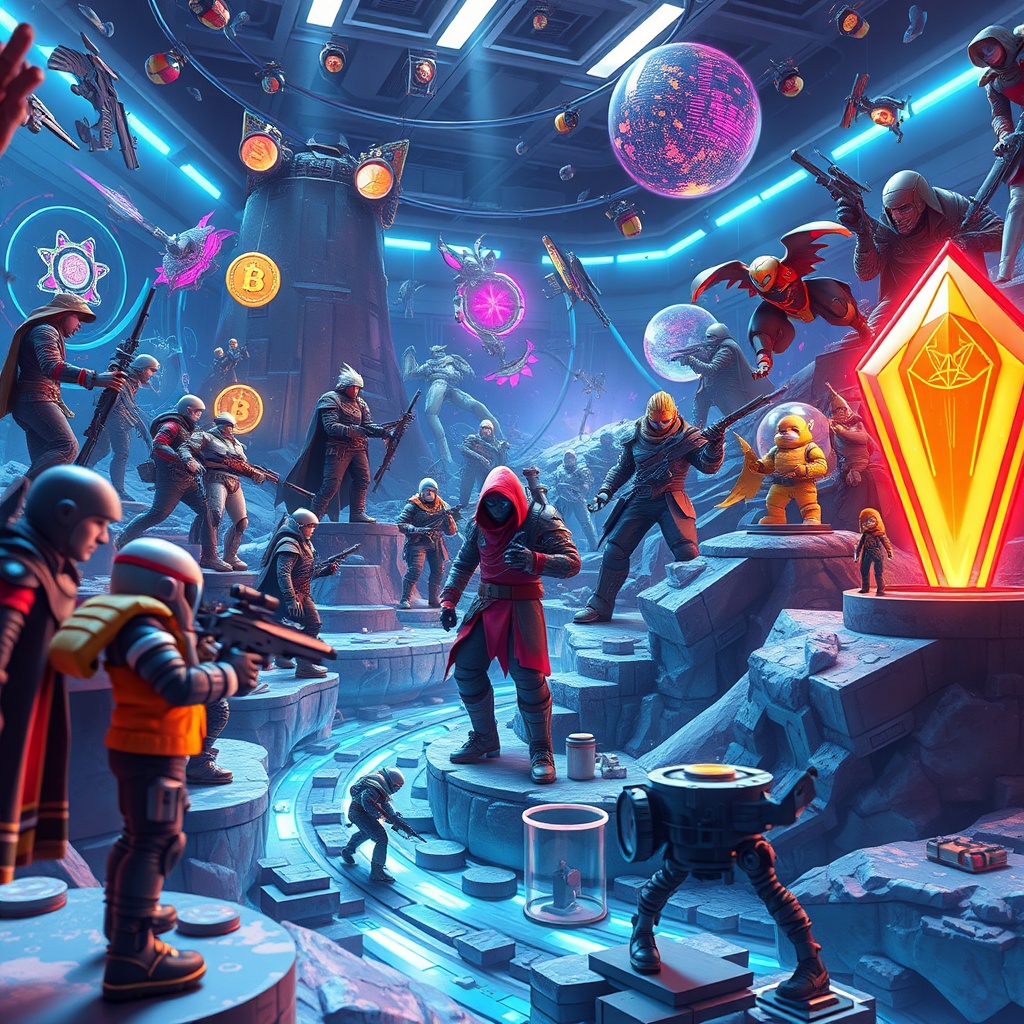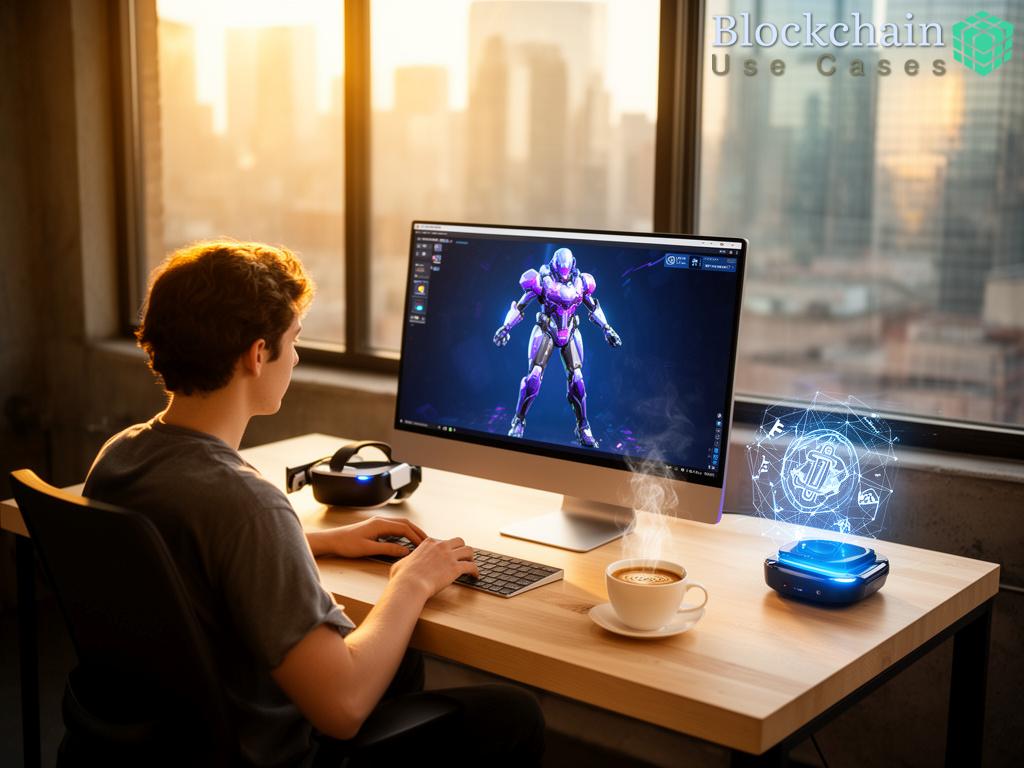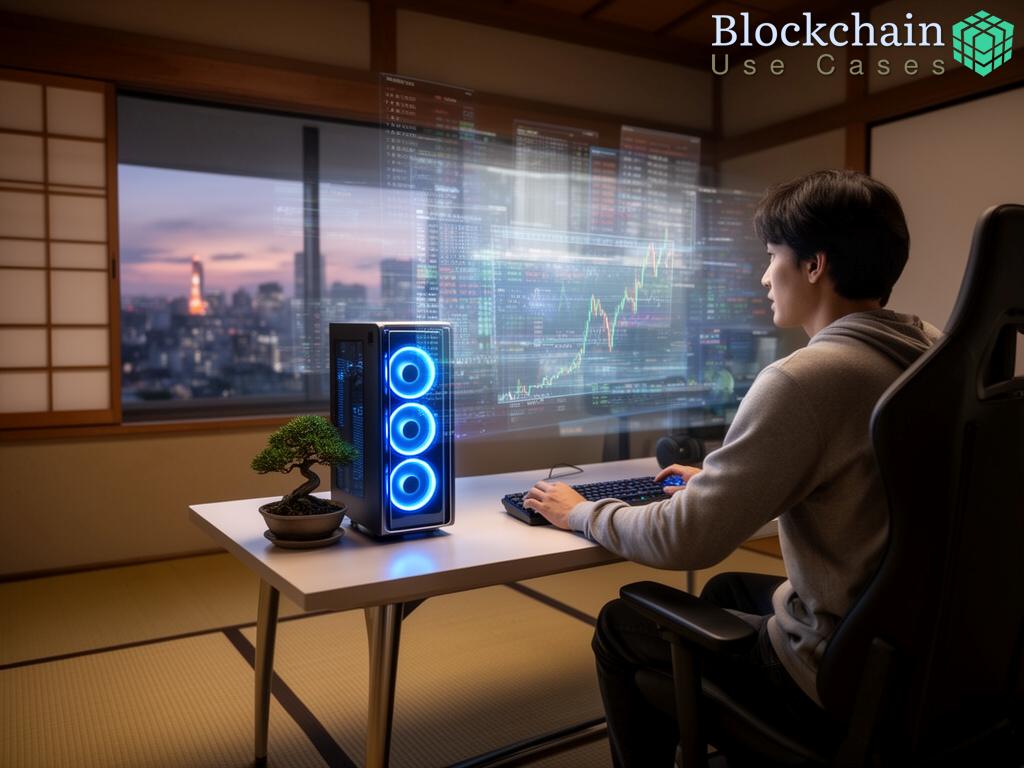The gaming industry is at a pivotal juncture, where the traditional boundaries of game assets are being challenged. With the rise of blockchain technology, a new realm of possibilities is emerging, offering enhanced interoperability of game assets across different platforms. This shift not only empowers players but also fosters a more cohesive gaming ecosystem.
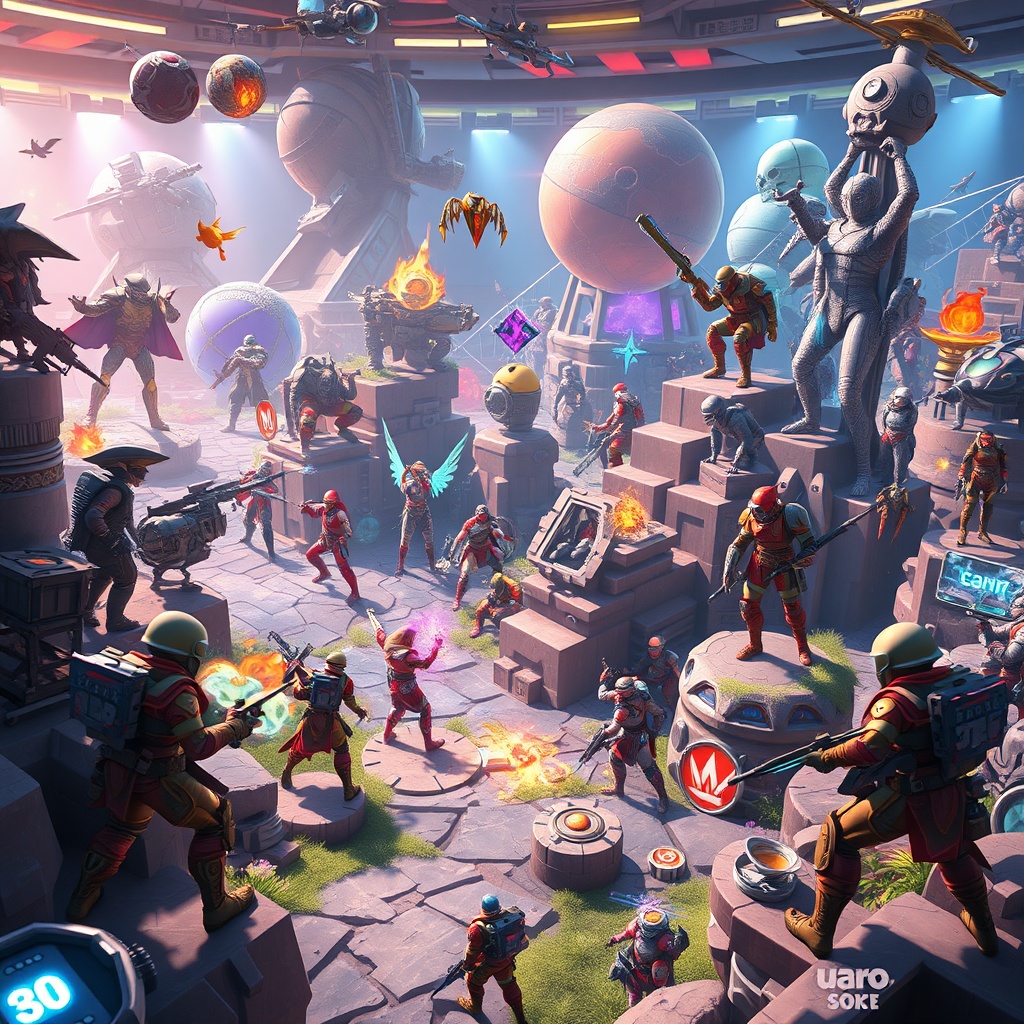
Blockchain serves as a decentralized ledger that records ownership and transaction history of digital assets in a transparent manner. This technology allows for the creation of unique, verifiable assets—commonly referred to as non-fungible tokens (NFTs)—which can be utilized across various games. The implications of this are profound, as players are no longer confined to the ecosystems of single games, allowing for greater flexibility and value retention in their digital possessions.
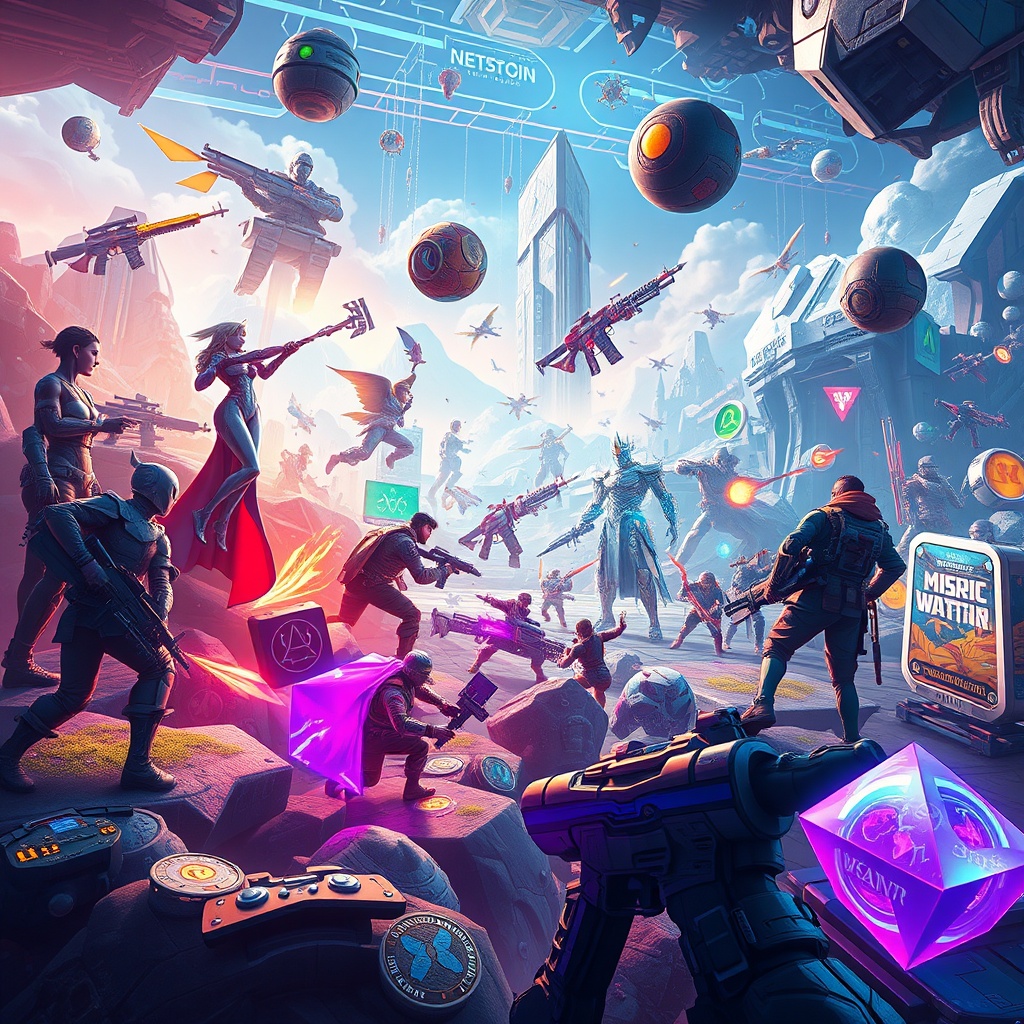
One of the most compelling advantages of blockchain technology in gaming is its ability to bridge disparate gaming worlds. Players can seamlessly transfer their assets, such as characters, skins, or weapons, across various games that support blockchain interoperability. This capability not only enhances the player’s experience but also creates a unified virtual economy.
Consider the following list of advantages that blockchain brings to game asset interoperability:
- Ownership Control: Players have true ownership of their in-game assets, which can be traded or sold on secondary markets.
- Cross-Platform Compatibility: Assets can be used across different games, creating a unified experience.
- Increased Value: Unique assets can appreciate over time, adding real-world value to digital possessions.
- Transparency: All transactions are recorded on the blockchain, providing a clear history of asset ownership.
These features not only enhance player engagement but also encourage developers to create more innovative and interconnected gaming experiences.
As blockchain technology continues to evolve, the future of game asset interoperability looks promising yet challenging. Developers are exploring new ways to integrate blockchain systems into their games, but hurdles such as scalability, regulatory concerns, and user adoption remain significant barriers.
In conclusion, while blockchain technology has the potential to revolutionize how game assets are managed and utilized, the journey toward widespread adoption will require collaboration among developers, players, and regulators. The road ahead is filled with opportunities for innovation and growth, paving the way for a future where players can truly own and enjoy their digital assets across all gaming platforms.

